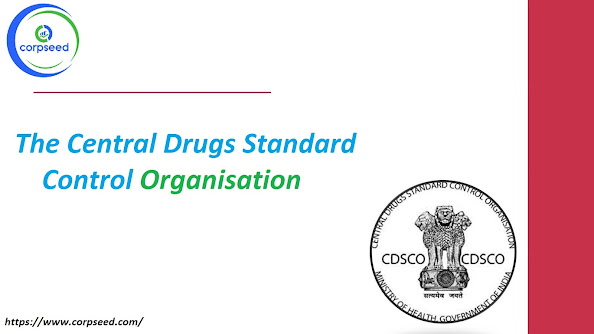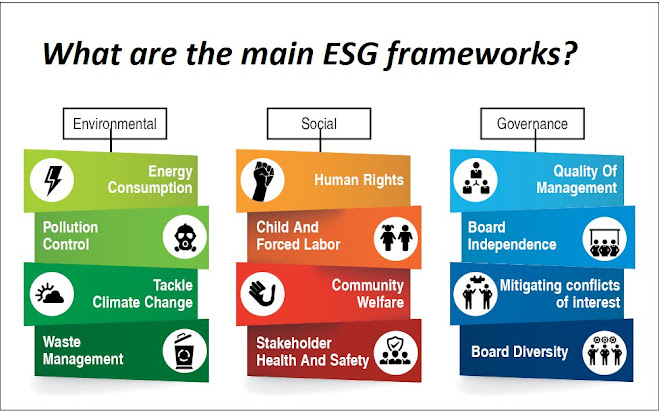The Central Drugs Standard Control Organisation
Central Drugs Standard Control Organisation (CDSCO) is the national regulatory body for pharmaceuticals and CDSCO medical devices registration in India. It operates under the Ministry of Health and Family Welfare and is responsible for regulating the quality, safety, and efficacy of all drugs and medical devices in the country.
CDSCO's main responsibilities include:
- Approving new drugs and medical devices for sale in India
- Monitoring the quality and safety of drugs and medical devices already on the market
- Conducting inspections of manufacturing facilities to ensure compliance with good manufacturing practices (GMP)
- Regulating the import and export of drugs and medical devices
- Coordinating with other regulatory agencies in India and around the world to ensure that drugs and medical devices meet international standards.
CDSCO plays a critical role in ensuring that drugs and medical devices in India are safe and effective for use, and its regulations and standards are widely recognized as among the strictest in the world.
How to apply for CDSCO license online?
Here is the general process for applying for a CDSCO license online:
- Create a user account on the CDSCO website: Go to the CDSCO website and create a user account. This will allow you to access the online application system and track the status of your application.
- Prepare the required documents: You'll need to gather and prepare all the required documents for your license application. This may include documents such as a detailed product description, manufacturing and laboratory facilities information, and data on the product's safety and efficacy.
- Submit an application for license: Once you've gathered the required documents, log into your CDSCO user account and submit an application for a license. This will typically involve filling out an online form and uploading the required documents.
- Pay the application fee: You'll need to pay an application fee to complete the online application process. The exact fee will depend on the type of product you're registering and other factors.
- Wait for CDSCO to review your application: After you submit your application, CDSCO will review it to determine if it meets all the necessary requirements. This process can take several weeks or even months, so it's important to be patient.
- Receive your license: If your application is approved, CDSCO will issue a license that you can use to legally sell your product in India.
It's important to note that this is a general overview of the CDSCO license application process, and the exact steps may vary depending on the type of product you're registering and other factors. Additionally, the process can be complex and time-consuming, so it may be helpful to work with a professional or organization that specializes in CDSCO registration.
CDSCO Online registration
CDSCO stands for Central Drugs Standard Control Organization, the national regulatory body for pharmaceuticals and medical devices in India. If you're looking to register a pharmaceutical product or medical device in India, you'll need to go through CDSCO's online registration process.
Here's a general overview of the steps involved in CDSCO online registration process:
- Create a user account on the CDSCO website
- Submit an application for registration, including the required documents and fees
- Wait for CDSCO to review your application and make a decision
- If your application is approved, you'll receive a certificate of registration that you can use to legally market your product in India.
It's important to note that the exact process and requirements can vary depending on the type of product you're registering, as well as other factors such as the country of origin. Additionally, the process can sometimes be complex and time-consuming, so it may be helpful to work with a professional or organization that specializes in CDSCO registration.
What documents are required for CDSCO?
The documents required for CDSCO registration vary depending on the type of product you're registering and other factors such as the country of origin. However, some common documents that may be required include:
- Product Information: Detailed information about the product, including its composition, indications, dosage form, and packaging.
- Manufacturing Information: Information about the manufacturing facilities and processes used to produce the product, including details about the manufacturing site, quality control procedures, and manufacturing licenses.
- Laboratory Information: Information about the laboratory facilities used to test the product, including details about the laboratory site, testing procedures, and laboratory licenses.
- Safety and Efficacy Data: Data on the product's safety and efficacy, including information from preclinical and clinical studies, as well as any available data on adverse reactions.
- Quality Control Procedures: Documentation outlining the procedures used to ensure the quality of the product, including details about raw material testing, in-process testing, and finished product testing.
- Labeling and Packaging Information: Information about the product's labeling and packaging, including the text of the product label and any accompanying literature.
- Regulatory Status: Information about the regulatory status of the product in other countries, including any approvals or licenses granted by other regulatory authorities.
- Declaration of GMP Compliance: A declaration stating that the product is manufactured in accordance with Good Manufacturing Practices (GMP).
It's important to note that this is not a comprehensive list, and the exact documents required for CDSCO certificate may vary depending on the type of product and other factors. Additionally, it's always a good idea to check the CDSCO website or consult with a professional for the most up-to-date information on the required documents for CDSCO registration.
Read more This Blog:- CDSCO checklist for self assessment




Comments
Post a Comment